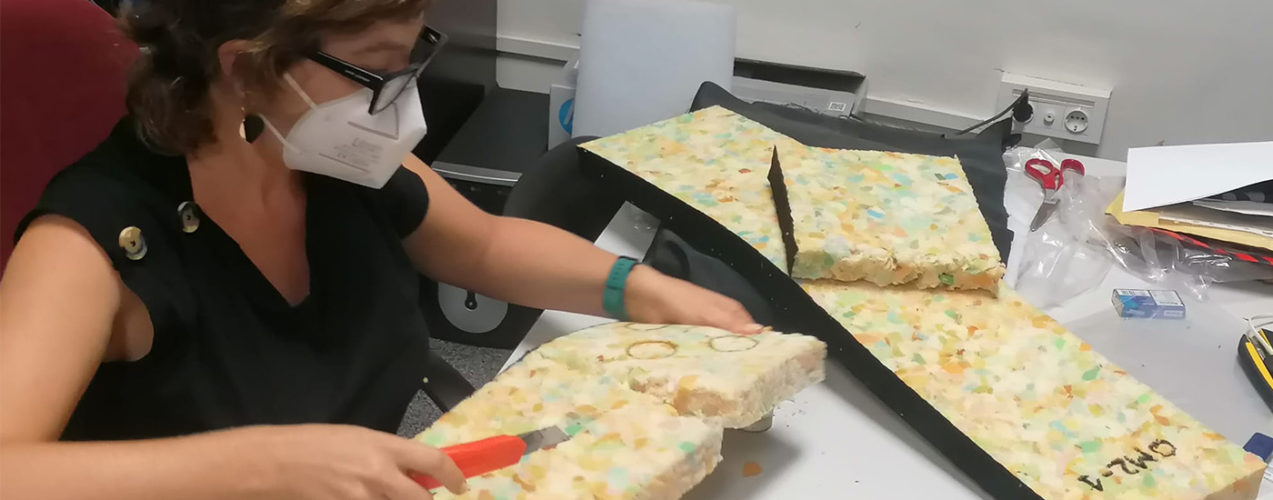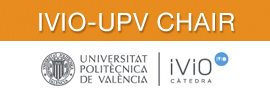Researchers from Campus Gandia and Campus Alcoy of the Universitat Politècnica de València (UPV) are collaborating in the ORACLE project: “Development of recycled polyurethane cores from out-of-use mattresses for sustainable construction with high added value”. This project, which has acquired funding from the Agència Valenciana de la Innovació for a total of 661,531.90 euros, aims to “solve a real and troublesome environmental problem,” according to Romina del Rey, Acoustics expert and Principal Investigator of the project .
RECYCLING POLYURETHANE FOAM
Polyurethane foam is one of the most difficult plastic waste to treat at the end of its useful life. In the Valencian Community, for example, around 300,000 mattresses are discarded every year. Most of them end up in landfills, since there are barely any recycling processes for these discarded objects.
As Romina del Rey points out, “it is an environmental problem that will delay compliance with the Sustainable Development Goals set out in the 2030 Agenda of the European Commission.” For this reason, all the partners involved in the project – the Delax Group, Solid Waste Management (GIRSA) and the Technological Institute of Plastic (AIMPLAS) and the UPV – “have the same objective; to transform these mattresses made out of polyurethane foam and use them for sustainable construction.”
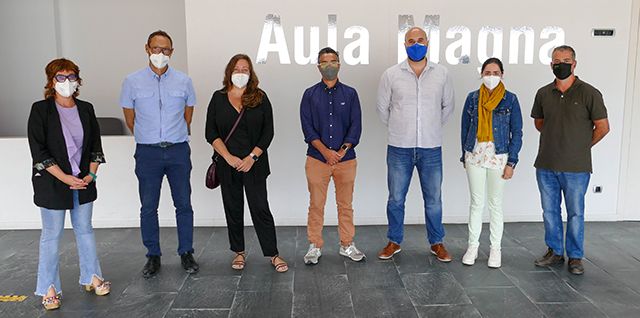
From left to right: Romina del Rey, professor at Campus Alcoy and Campus Gandia of the UPV and Principal Investigator of the project, Jesús Alba, Research Professor and Director of Campus Gandia, Carmen Esther Lafuente, Head of the Delax Group, Tomas Zamora, Head of the Arsenio Navarro Delax Group, Head and Researcher of the construction and renewable energy group at AIMPLAS, Marta Pérez, Researcher of the construction and renewable energies at AIMPLAS, David Cebolla, Head of Srategy and Operations at GIRSA.
SUSTAINABLE ACOUSTIC SOLUTIONS
Within the parameters of construction, “in Spain we have the Technical Building Code, the DB-HR basic document regarding Noise Protection that establishes the rules and procedures for meeting the basic requirements for noise protection, gathering all the technical characteristics that the materials must meet for a construction.”
And this is where the UPV will also give its backing to the project “with the acoustic tests that will be carried out at Campus Gandia,” according to Jesús Alba, an Acoustics expert at Campus Gandia. In doing so, “it will be characterized acoustically, both for insulation and for acoustic conditioning, to obtain solutions based on sustainable construction elements that improve insulation and acoustic comfort.” For Romina del Rey, “once again, this highlights the UPV’s knowledge, innovation and technology put at the service of society, responding to new needs.”
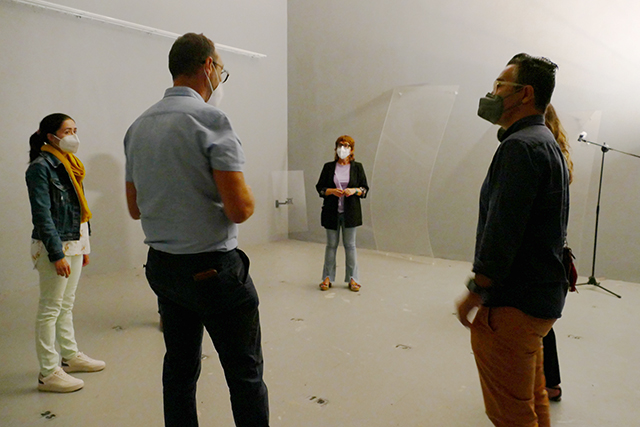
FIRST PLANT IN THE VALENCIAN COMMUNITY
In addition, the project, which is set to last for three years, will see the installation of the first integrated polyurethane foam transformation plant in the Valencian Community.
According to Research Professor Romina del Rey, “This is very important because this recycling plant would facilitate the chemical recycling of polyurethane foam, processing the annual tons generated, using a process based on circular economy thanks to which synergies will be created between the bedding sector and the sustainable construction sector.”
Also for the rest of the project partners, “this is a commitment to transformation that seeks to meet the objectives of the 2030 Agenda for Sustainable Development.” Likewise, “this plant is an opportunity to create new business models and respond to the need to recycle.”
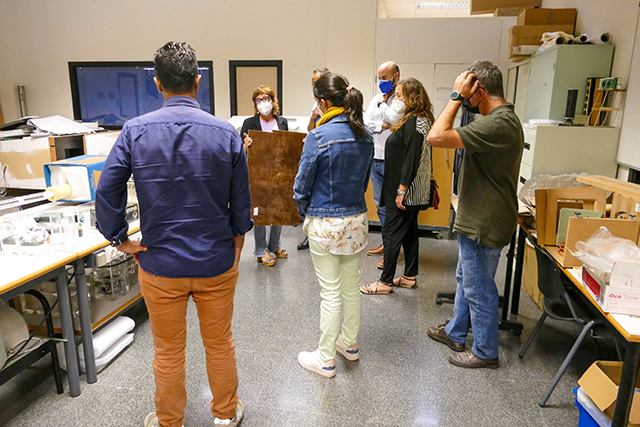
Project funded by:

Source: Laida Frasquet, Reporter at the Office of Communications
